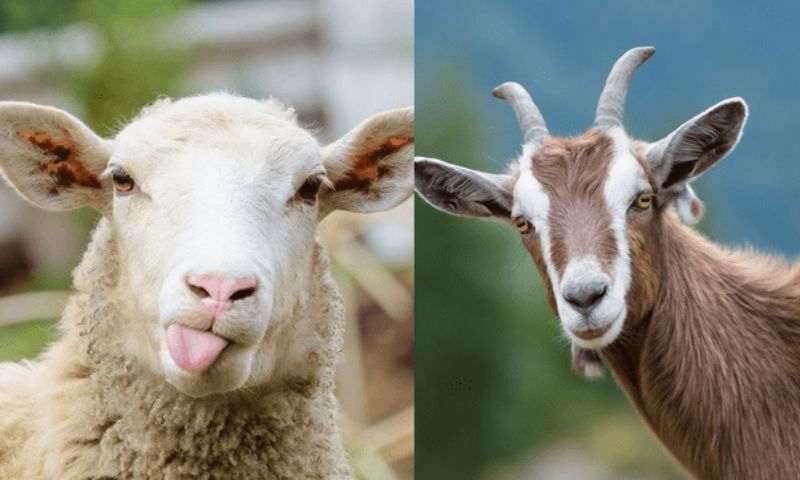ATHENS, Greece: Greece has enacted a 10-day ban on the transportation and reproduction of sheep and goats following the detection of over 100 cases of a viral infection known as pox.
The agriculture ministry announced the precautionary measures aimed at curbing the spread of the virus, which poses no threat to human health. Most of the reported cases are concentrated in the northern region of Evros, leading to the culling of approximately 17,500 animals to contain the outbreak.
Authorities are actively investigating the initial source of the infection and conducting tests in the surrounding areas in compliance with European Union regulations. This outbreak is particularly concerning for Greece, which boasts the largest goat population in Europe, critical for the production of milk used in iconic products like feta cheese—a significant contributor to the national economy.
READ ALSO: Hezbollah Targets Israeli Naval Base and Tel Aviv Suburbs
Agriculture Minister Costas Tsiaras emphasized the need for this movement ban, which encompasses all activities involving sheep and goats, including breeding, fattening, grazing, and slaughter. This is not the first time Greece has faced such restrictions; similar measures were implemented in June to address another viral infection known as “goat plague.” The situation underscores the importance of livestock health management in maintaining agricultural stability in the country.























